As a mother of teenage sons, it’s very important for me to keep them up to date on their vaccinations. Today with the help of Unity Consortium, I’m going to tell you why.
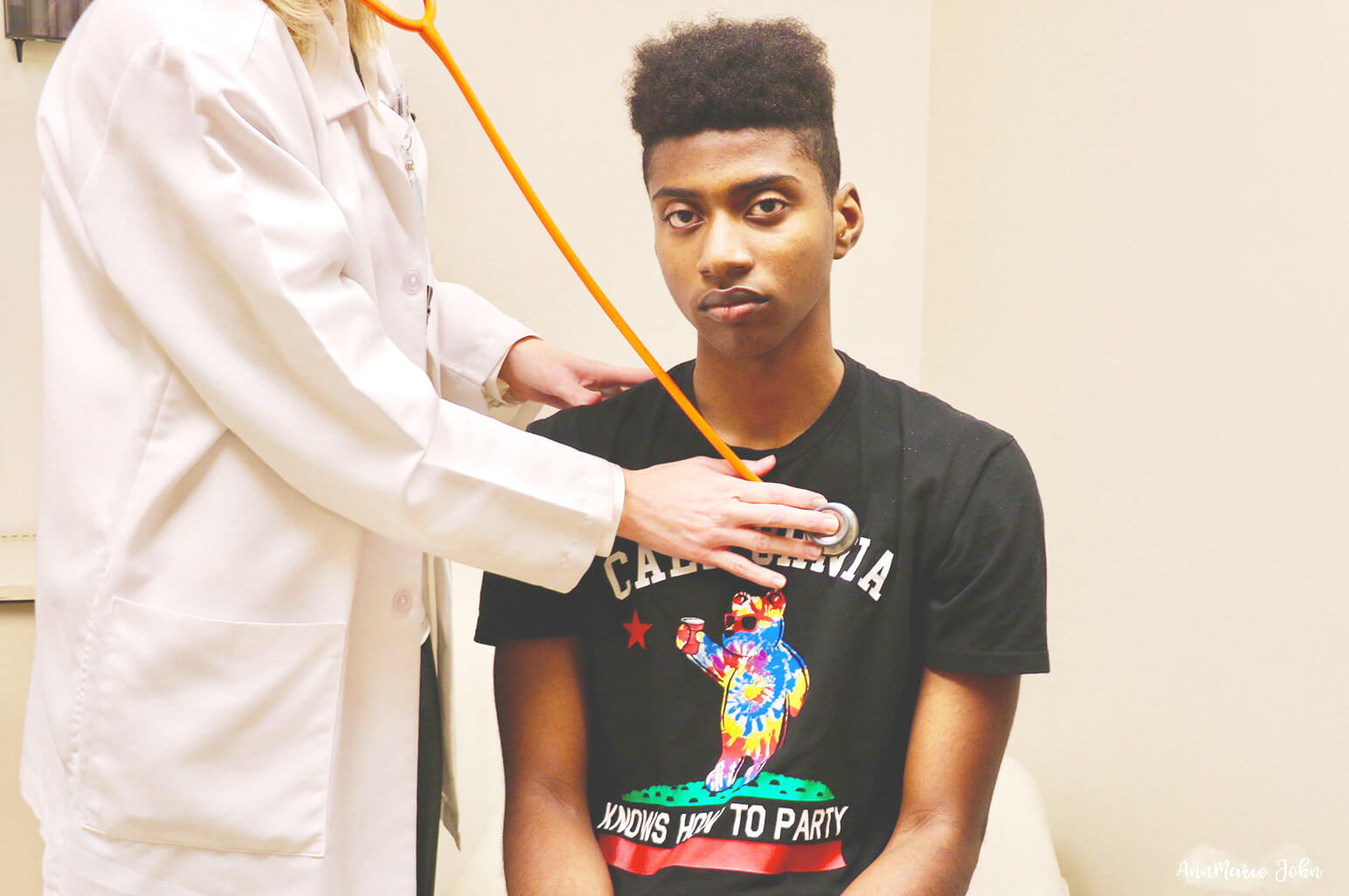

As a mother of four, you would think that I would be an expert in parenting, but au-contraire, if only! There are still mistakes made, because no-one is perfect, not even me. I seem to think that I did a really good job with my eldest, who is currently in college, but my boys (age 12 & 16) are truly another story altogether. My oldest son aged 16 was born prematurely, as were all of my children, and spent an additional week in the NICU due to RSV before I could take him home. What an emotional birth that was. Since then I have been very much on top of all his medical needs. At least that’s what I thought, until one day I received a letter from the school stating that he was missing a very important vaccine. While I’ve been really good with getting all of my youngest, age 5, vaccines, I have to admit that I truly did forget that my son needed to be vaccinated at age 16, and it can be easily forgotten as they get older, but it shouldn’t be.
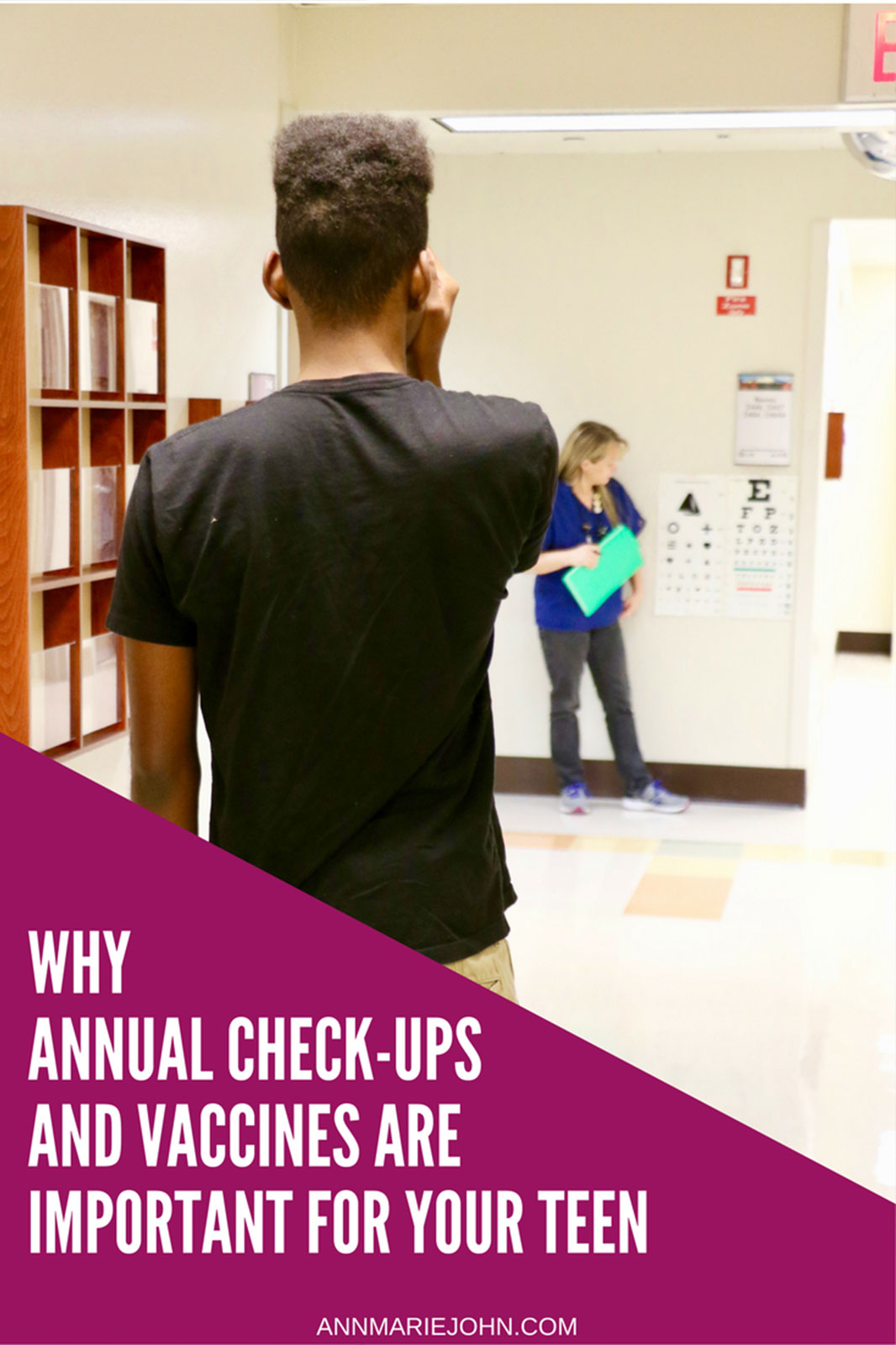
It’s not that my son’s health isn’t as important as my youngest, or that he didn’t need to be protected. As they get older we tend to only to go the doctor when he’s sick or need a physical for school. So if he’s not sick and is in good health, why does he even need to be seen?
Here are two very important reasons why I should keep my kids up-to-date on their health care visits and vaccines, and why you should too.
1. Problems can be diagnosed before they become serious
I’m not a doctor and unless you are one, there are problems that you may not see or notice until your child is checked thoroughly by a qualified doctor. At each visit, your child’s height and weight are taken and a significant increased or decreased weight gain can be cause for alarm. If your child’s height is a concern, you will also know. If a minor problem is found, testing may be ordered in order to initiate treatment if needed.
2. Vaccinations can save their lives
As a former army medic, I know the value in vaccinations. Whenever we get deployed, we receive vaccines that can protect us from diseases that may not be found here in the US. While not everyone believes that they should vaccinate, having my own children vaccinated can protect them from diseases that can occur. I am of the belief that one ounce of prevention is a lot better than a pound of cure.
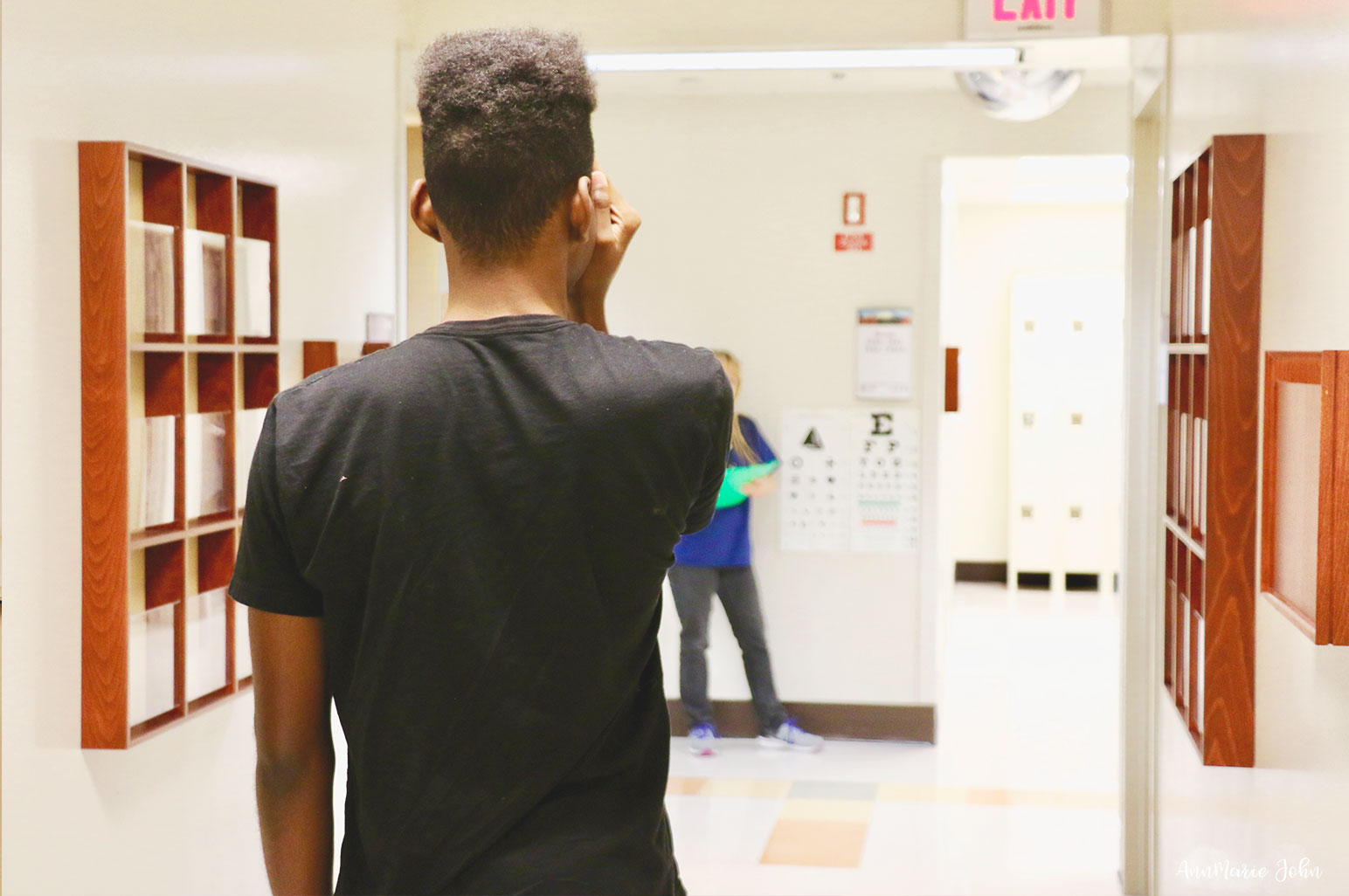
So why don’t more parents vaccinate and get their pre-teens and teens seen annually?
- Approximately 1 in 4 parents and teens believe that vaccines are more important for babies and not as important for teens
- More than one-third of teens (34%) don’t know how being vaccinated helps them
- Four in 10 parents (41%) believe their teen should only see a doctor when he/she feels sick, reducing opportunities to discuss preventive health measures, such as vaccines
- While most teens (92%) trust their doctor when seeking information about their health, nearly half of all teens (47%) agree they do not like talking to doctors or other healthcare providers.
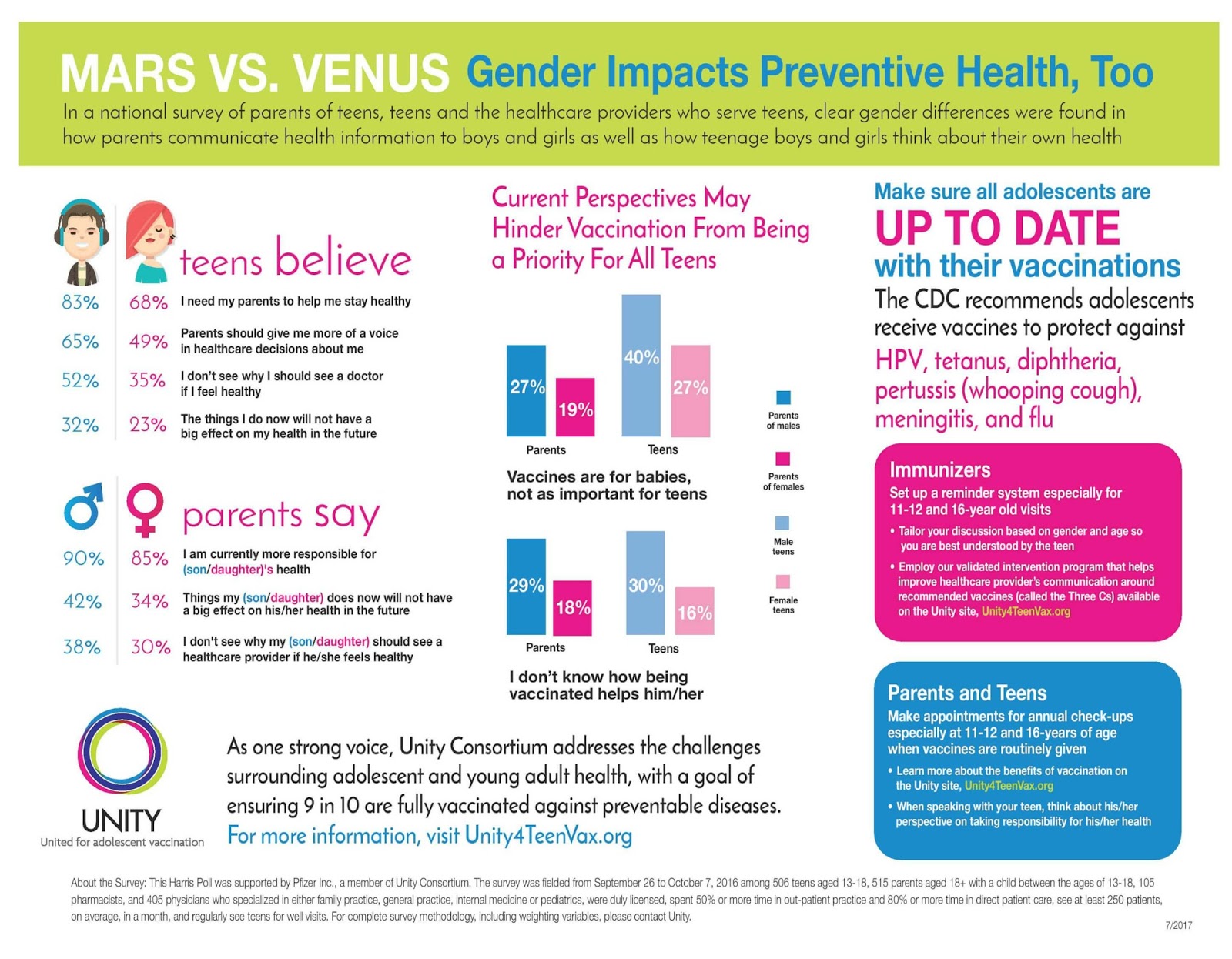
So What Vaccinations are recommended for your Teen?
Between the ages of 11 and 12, and at age 16 these vaccinations are recommended.
- Meningococcal-includes two distinct meningococcal disease vaccines (ACWY and B)
- Tdap-tetanus, diphtheria, and pertussis (whooping cough) and Td Booster (tetanus and diphtheria)
- HPV-human papillomavirus
- Flu
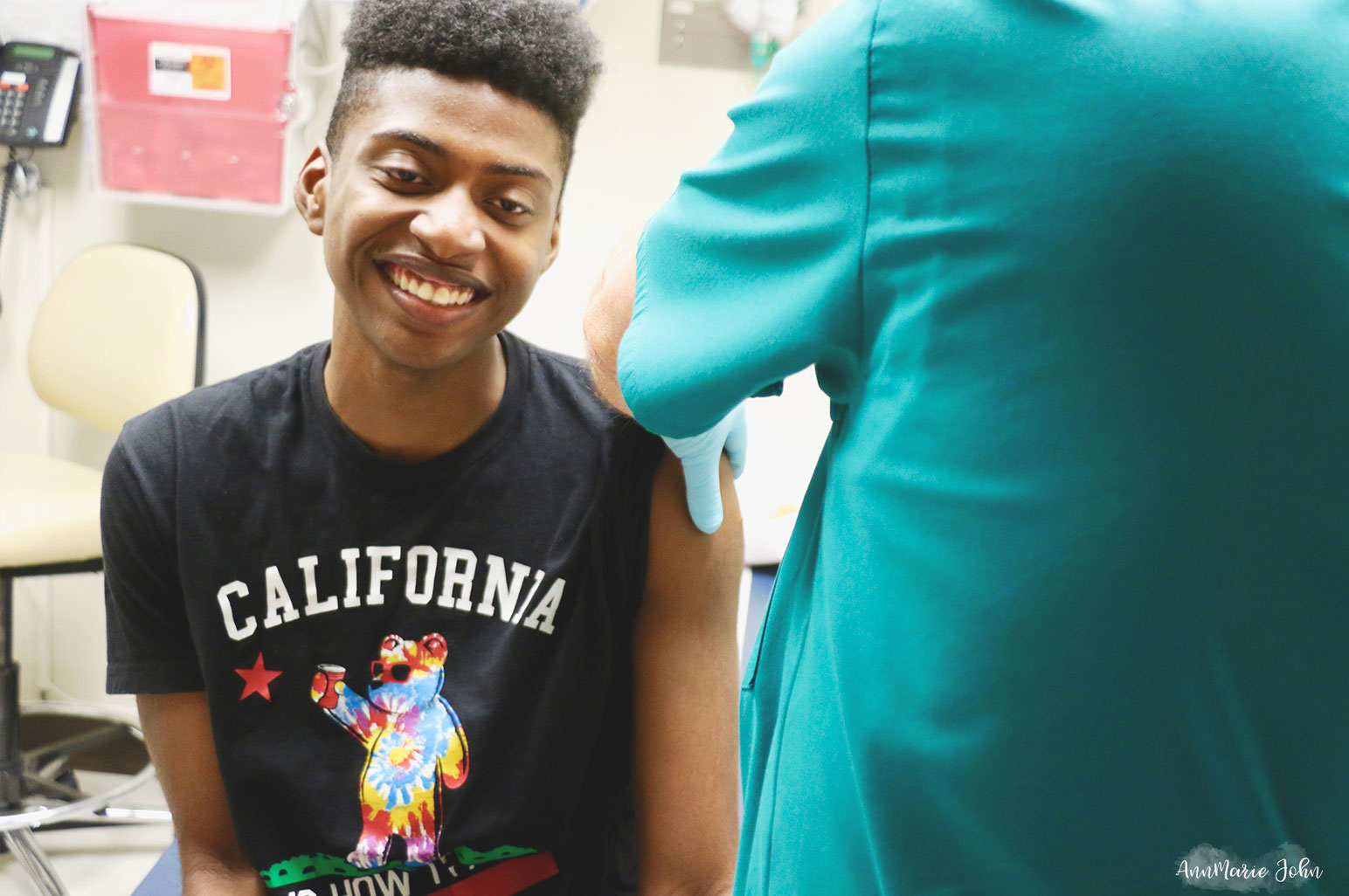
Here are two very simple steps to make sure that your teen remains up to date on their annual check-ups and vaccinations:
1. Set a reminder alert for their next appointment to ensure that they don’t miss a visit.
2. At your doctor’s visit, discuss all concerns and the need for immunizations.You can make a list of all your questions so that you don’t omit anything.
For more information about the importance of vaccinations in adolescent health visit unity4teenvax.org.
